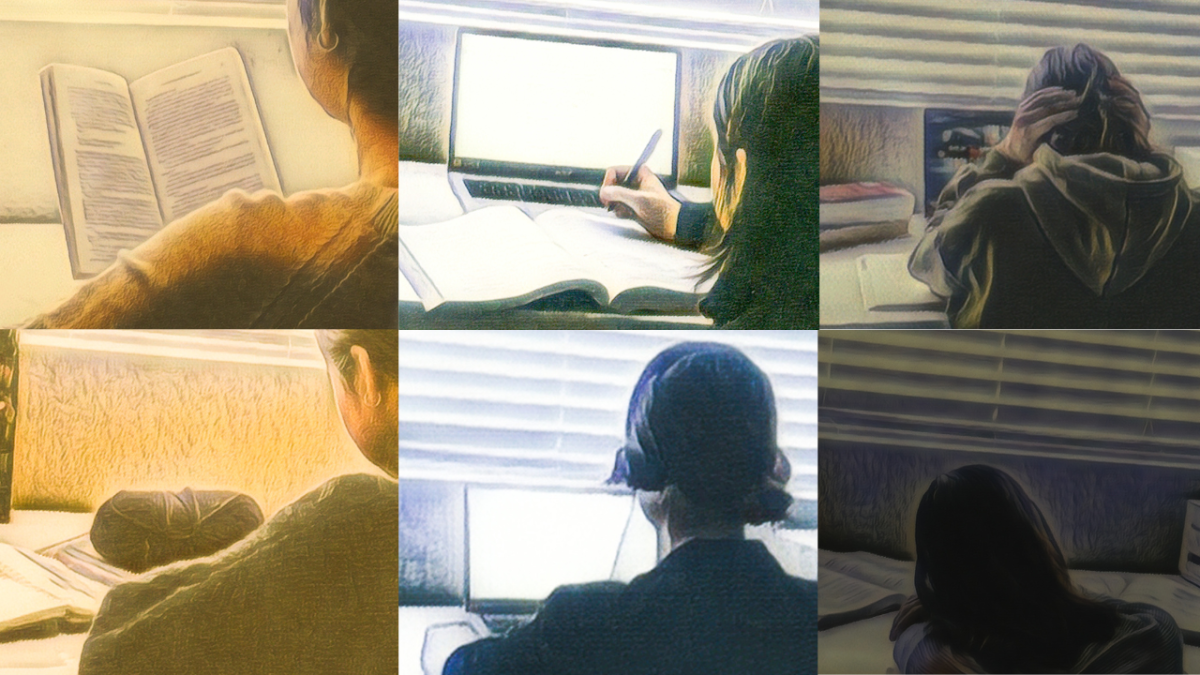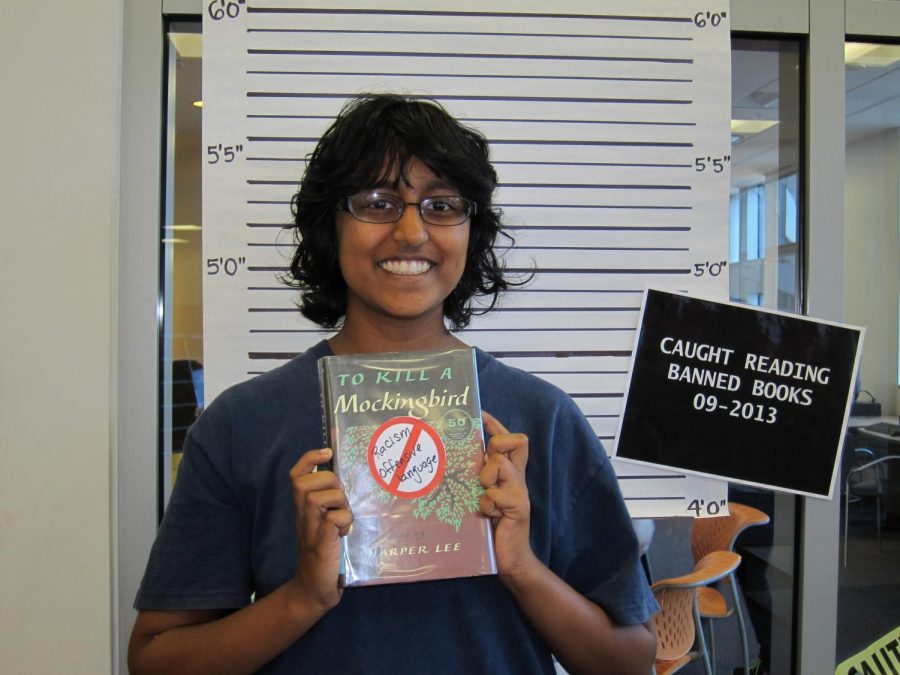The Banning of Books
This student in Ohio rebels against the banning of her favorite book, To Kill a Mockingbird.
March 16, 2018
Throughout a students high school career they will read numerous books, some interesting and some less than. These books are meant to not only educate adolescents on literature, but also on the past, present, and future. Despite all these positive influences that books provide students, there are people who wish to adjust the curriculum to protect certain students feelings and hide the past. This is not something we should do since you can’t change the past, but you can learn from it.
One book that many schools are seeking to remove from high school curriculum is To Kill a Mockingbird by Harper Lee. This is not only one of the most enjoyable books I have read in high school, but it also shines a light on the racism from our country’s past. By not allowing students to read this book these students are not only losing a valuable teaching tool that reflects on the past, but also a potential love for reading that this book could very easily begin in a students life. Many students, such as Jessica Ryan (11) feel that “reading To Kill a Mockingbird began [their] love for books and reading.” So take away the book, and along with it you’ll take the desire to read.
By banning books like To Kill a Mockingbird students are not being protected from racism or discrimination, rather they are being kept from their potential. A love of reading greatly influences a students education and the degree of enjoyableness a student feels while completing their education. Zyra Rehman (11) feels that “enjoying the books [she] read in her english classes made [her] excited about coming to school and going to class.” Wouldn’t it be better to have a book that excites students than to have a book that students feel forced to read?
Personally, I believe that books like To Kill a Mockingbird challenge students to think about deeper topics that truly apply to their lives. Books are art and the best kind of art are things that people can relate to and things that cause controversy. Although I realize schools are not always the best place to discuss controversial topics, if we don’t open up our students to talking about them they may never talk about them at all. It’s better to discuss controversial topics in a safe open environment than to throw these students into the world unprepared for the harsh realities and biases that await them.





































